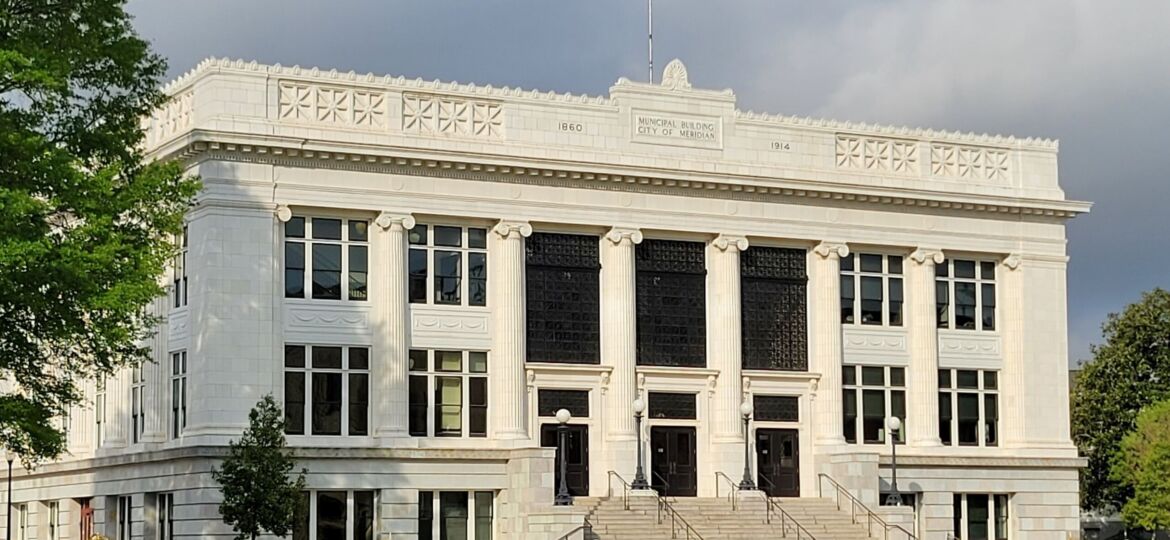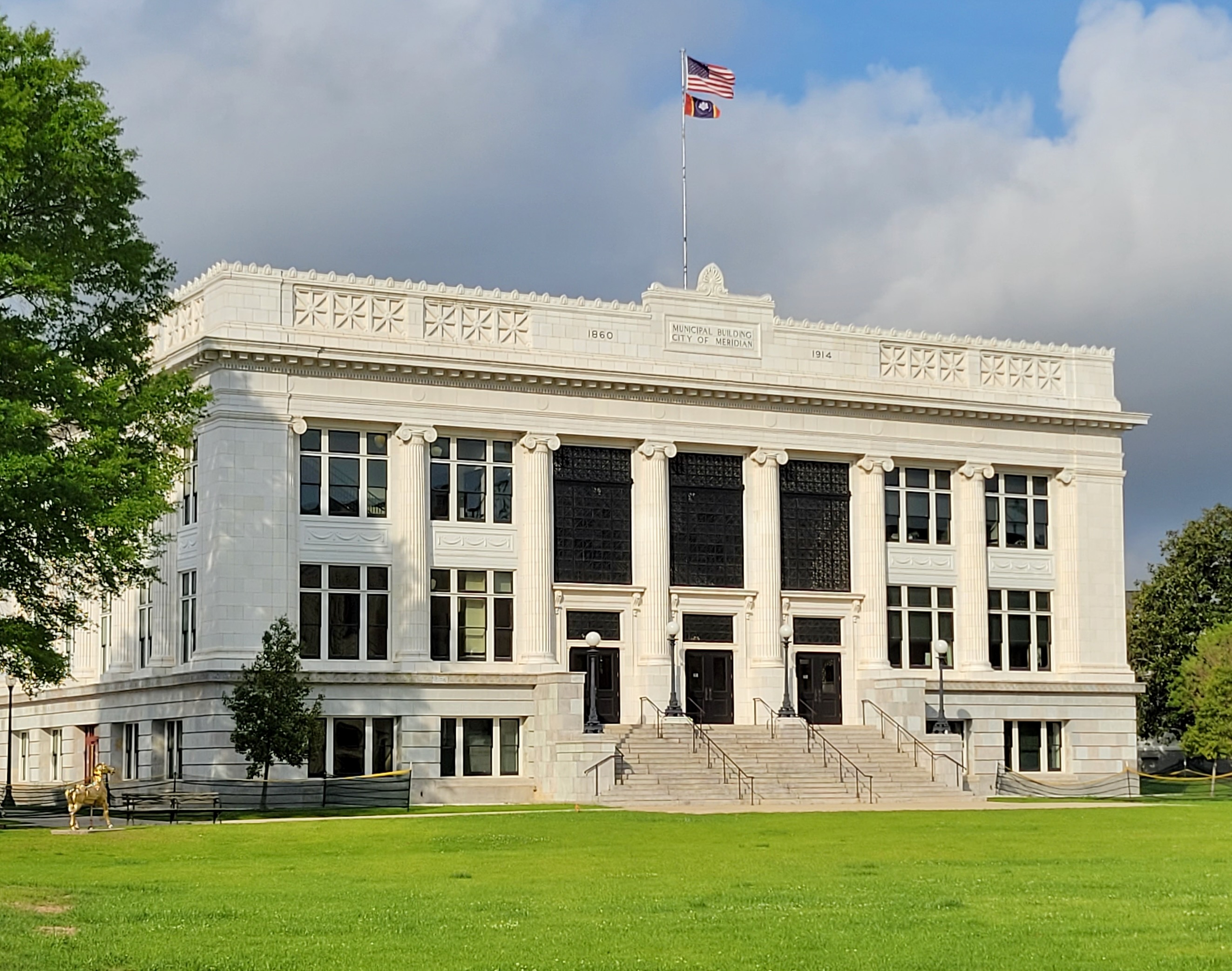

Expected revenue lags as medical marijuana program grows
Published 5:44 pm Wednesday, August 27, 2025
Meridian officials were looking forward to increased tax revenue when they chose not to opt out of the state’s medical marijuana program in 2022, but two years after the first dispensary opened, the industry has yet to make a sizable impact on the city coffers.
Passed by the state Legislature in 2022, the Mississippi Medical Cannabis Act empowered the state Department of Health and Department of Revenue to develop a medical marijuana program and establish regulations for patients, dispensaries, cultivation facilities, laboratories and more. Counties and municipalities were given a 90-day window to opt out of allowing the marijuana industry to set up shop within their boundaries, with a process for voters to overturn the decision via petition and special election.
Both the town of Marion and Lauderdale County chose to opt out initially citing the yet unknown nature of the program. Voters in Lauderdale County successfully overturned that decision and Marion aldermen voted to allow medical marijuana businesses after learning more about the program.
Meridian chose not to opt out of the program and had one of the first dispensaries to open in the state in January 2023.
Joseph Norwood, who served on the Meridian City Council from 2021 through 2024, said council members were told the Queen City could see its tax revenue double once medical marijuana was established, but that money never materialized. Data from the Department of Revenue show sales tax allocations to Meridian from Jan. 1, 2021 to July 10, 2025, increased a modest 6.83%.
Retail sales of medical marijuana throughout the state have grown rapidly. With dispensaries opening their doors in January 2023, sales topped $11.2 million by the end of the 2023 fiscal year — which ended June 20, 2023 — and bloomed to $75.3 million for Fiscal Year 2024, according to data from the Department or Revenue. Continuing to grow, the industry reported double digit growth in each quarter of the 2025 fiscal year, ending with total sales of just under $118.7 million.
Despite quick growth in retail, the tax revenue generated by medical marijuana sales remains low. The state’s 7% sales tax on total marijuana sales would generate approximately $8.3 million in revenue for Fiscal Year 2025. Mississippi’s tobacco tax, which adds $0.68 to the cost of a pack of cigarettes, and beer and wine tax, at 42.68 cents per gallon, generated $115.9 million and $26.3 million over the same time period respectively.
Data from the Department of Revenue do not isolate individual sources of retail sales tax, so no figures are available for how much sale tax was generated from medical marijuana for the Meridian and Lauderdale County area.
Mississippi also collected approximately $7.5 million in excise tax and permit fees related to medical marijuana during the 2024 fiscal year and $7.4 million in fiscal year 2025. The state’s 5% excise tax is put on wholesales of medical marijuana from growers to laboratories and dispensaries.
As the medical marijuana industry has expanded, so too have the businesses and practitioners supporting it. Mississippi Department of Health records show Lauderdale County has 10 active dispensary licenses. There are four caregivers, 170 workers and nine practitioners with active licenses as well. Within the county, there are 1,236 medical marijuana patient applications, MDAH data show.
Meridian City Councilman Dwayne Davis, who serves as council president, said the city has seen a slight increase in property taxes from medical marijuana businesses investing in locations in the city limits. Southern Crop, a $20 million marijuana cultivation facility opened in April 2023, is a prime example, he said.
Both Davis and Norwood said they suspect some of the investment the city and state have seen could be companies preparing for marijuana to be legalized for recreational use in the state or changes to the drug’s status at the federal level.
In a recent announcement, President Donald Trump said his administration is looking at potentially reclassifying marijuana from a Schedule I, which puts it inline with substances such as heroin and LSD, to a Schedule III substance, which also includes some steroids and ketamine. While still illegal at the federal level, the reclassification would change how marijuana is taxed and lower some of the costs marijuana businesses have to absorb.

